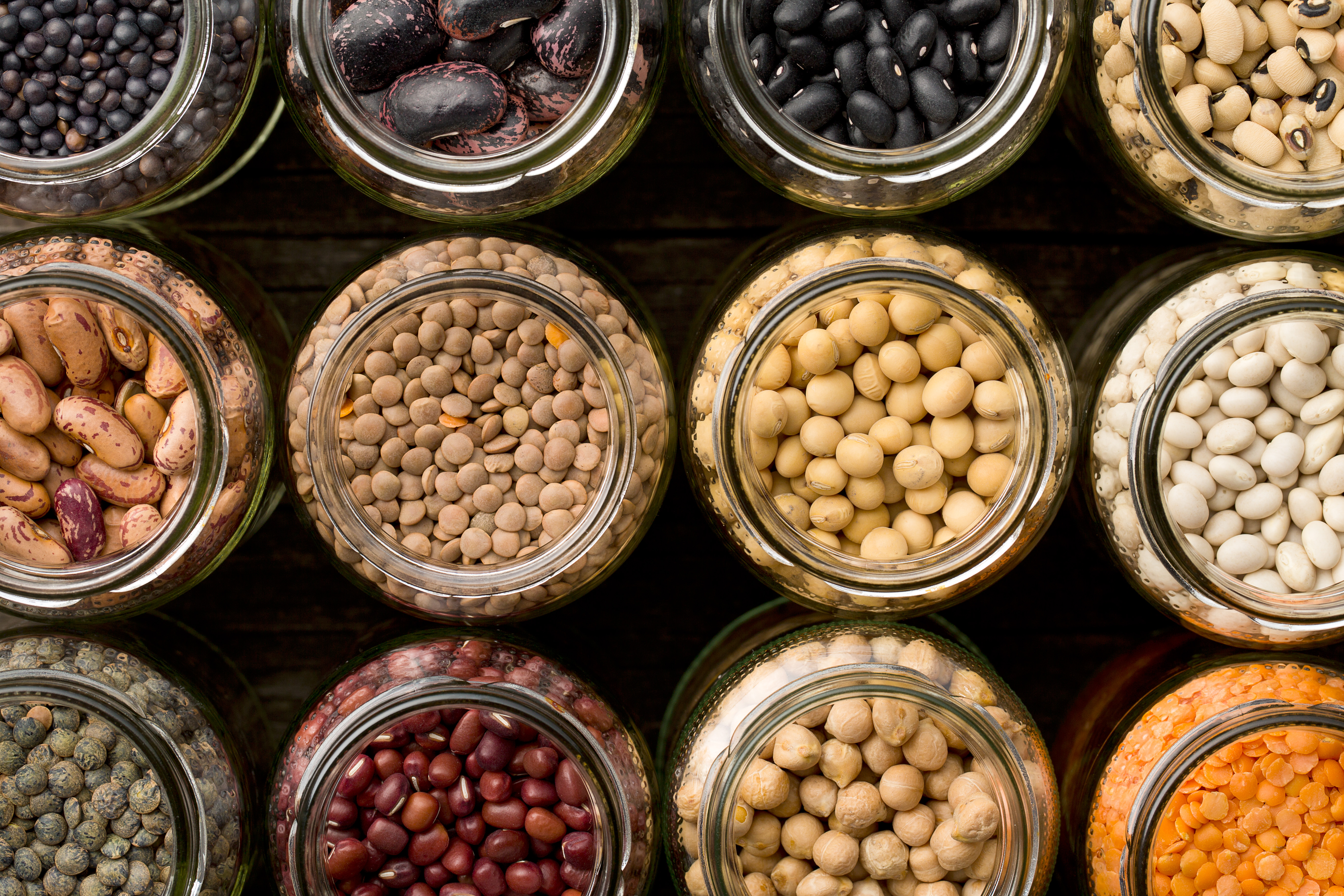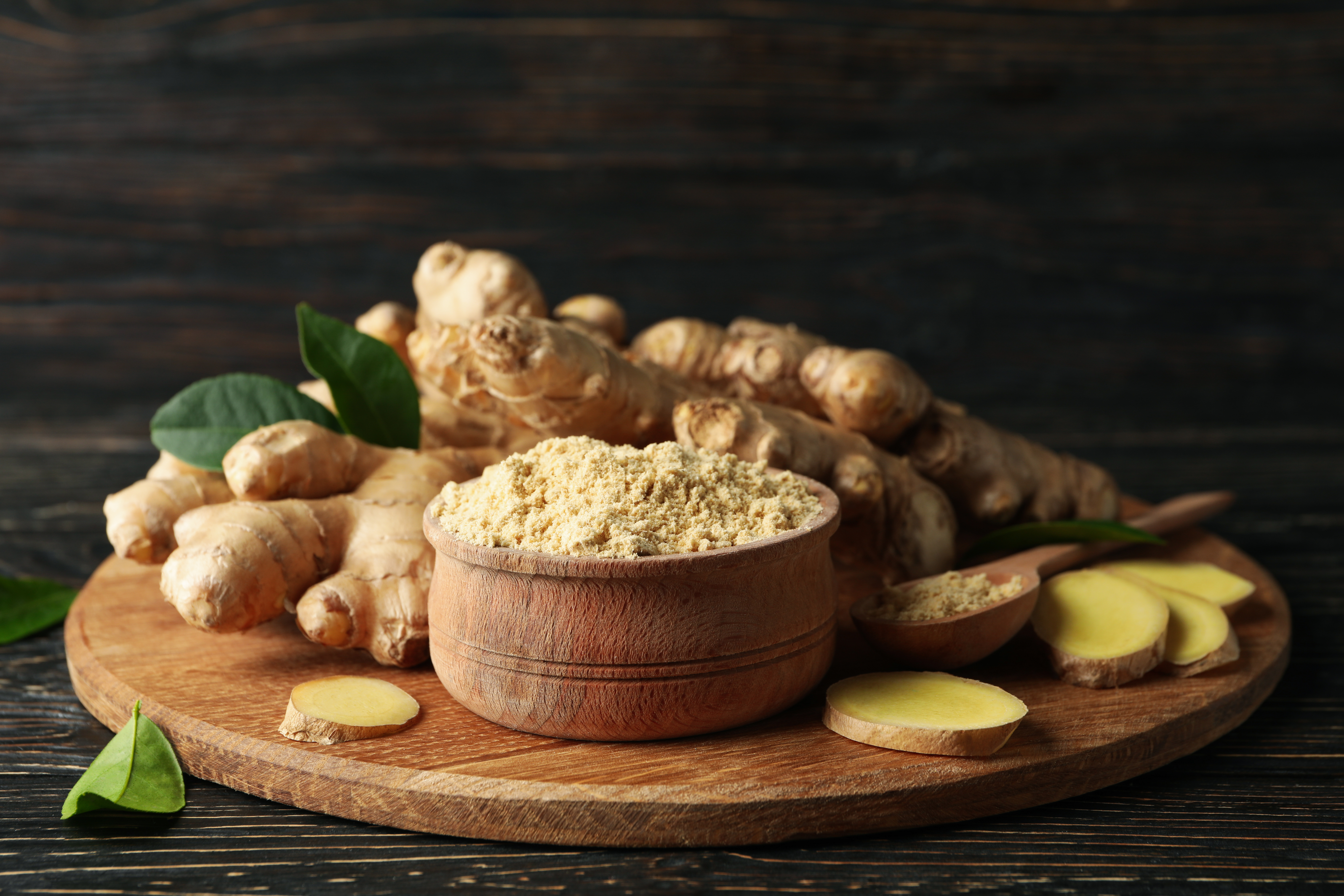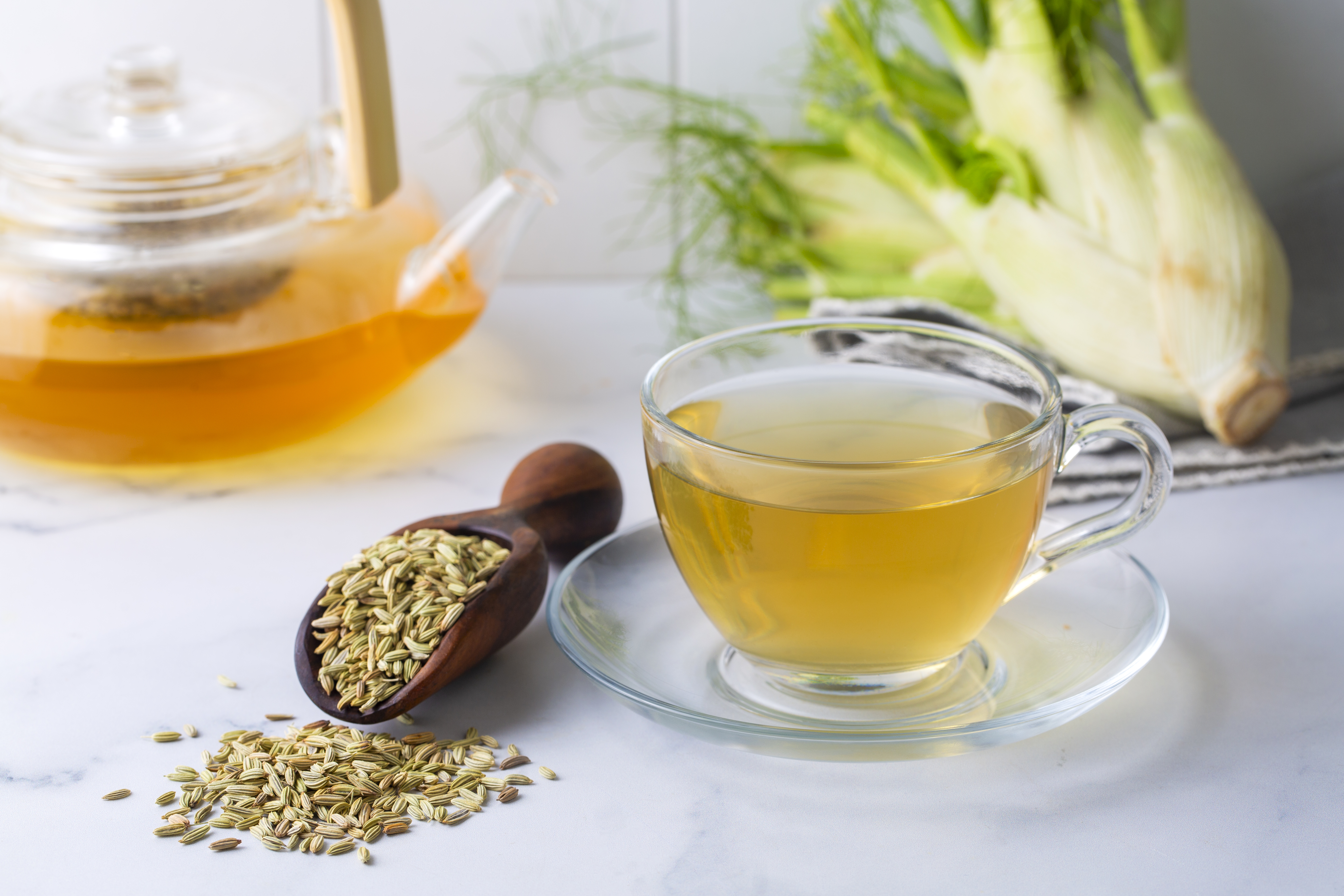9 Common Home Remedies That Quietly Revive Gut Health
In the bustling world of wellness, the gut has emerged as a central player in overall health, often referred to as our "second brain." The intricate ecosystem of microorganisms residing in our digestive tract influences everything from digestion and immunity to mood and mental health. While modern medicine offers many solutions, there's a growing interest in home remedies that gently nurture the gut without drastic interventions. This article delves into 9 subtle yet effective home remedies that can restore and maintain gut health, underscoring the interconnectedness of our body systems and the power of natural healing.
1. The Power of Probiotics: Nature’s Tiny Helpers

Probiotics, the beneficial bacteria found in fermented foods, are essential allies in maintaining a healthy gut microbiome. Foods like yogurt, kefir, sauerkraut, and kimchi are rich in these live cultures, which help balance the gut flora. By regularly incorporating these foods into your diet, you can enhance digestion, improve nutrient absorption, and bolster your immune system. Probiotics work by crowding out harmful bacteria, reducing inflammation, and producing substances like short-chain fatty acids that feed the cells lining your gut. This symbiotic relationship highlights the profound impact of diet on gut health.
2. Fiber: The Unsung Hero of Digestion

Dietary fiber, found in fruits, vegetables, whole grains, and legumes, plays a crucial role in promoting a healthy gut. It acts as a prebiotic, providing nourishment for the beneficial bacteria in the colon. Fiber adds bulk to stool, aiding in regular bowel movements and preventing constipation. It also slows down digestion, allowing for better absorption of nutrients. Soluble fiber, in particular, ferments in the gut, producing beneficial compounds that reduce inflammation and support gut barrier function. By integrating a variety of fiber-rich foods into your diet, you can create a hospitable environment for a thriving microbiome.
3. Hydration: The Simple Elixir

Water is a fundamental component of digestion and gut health. It aids in breaking down food, facilitating nutrient absorption, and ensuring smooth passage through the digestive tract. Staying adequately hydrated helps maintain the mucosal lining of the intestines, which acts as a barrier against harmful pathogens. Additionally, water supports the production of digestive enzymes and bile, essential for breaking down food. By drinking enough water throughout the day, you can prevent constipation and promote a balanced gut environment, underscoring the importance of this simple yet effective remedy.
4. Ginger: The Soothing Spice

Ginger, a common kitchen staple, is renowned for its digestive benefits. Its active compounds, gingerols and shogaols, have anti-inflammatory and antioxidant properties that can soothe the digestive tract. Ginger aids in the production of digestive enzymes, enhances gastric motility, and alleviates symptoms of nausea and bloating. Whether consumed as a tea, added to meals, or taken in supplement form, ginger can gently support gut health by reducing inflammation and promoting efficient digestion. Its soothing effects make it an excellent remedy for those seeking a natural approach to digestive wellness.
5. Mindful Eating: The Art of Awareness

Mindful eating is the practice of paying full attention to the experience of eating and drinking, both inside and outside the body. By slowing down and savoring each bite, you allow your digestive system to function more effectively. Chewing thoroughly breaks down food into smaller particles, making it easier for enzymes to act. Additionally, mindful eating helps regulate appetite and prevent overeating, reducing the burden on your digestive system. This practice fosters a deeper connection between mind and body, promoting a healthy relationship with food and supporting overall gut health.
6. Herbal Teas: Nature’s Digestive Tonics

Herbal teas, such as peppermint, chamomile, and fennel, offer soothing benefits for the digestive system. Peppermint tea can relax the muscles of the gastrointestinal tract, easing symptoms of irritable bowel syndrome (IBS). Chamomile tea has anti-inflammatory properties that can calm the stomach and reduce bloating. Fennel tea aids in digestion by reducing gas and promoting intestinal motility. These gentle remedies harness the natural healing properties of herbs, providing a comforting and effective way to nurture gut health. Incorporating herbal teas into your daily routine can offer a moment of relaxation and digestive support.
7. Bone Broth: A Nutrient-Rich Elixir

Bone broth, made by simmering bones and connective tissues, is rich in nutrients that support gut health. It contains collagen, gelatin, and amino acids like glutamine, which help repair and maintain the intestinal lining. These components strengthen the gut barrier, preventing the leakage of toxins into the bloodstream. Bone broth also provides minerals such as calcium, magnesium, and phosphorus, which are easily absorbed by the body. This nourishing elixir can be sipped on its own or used as a base for soups and stews, offering a comforting way to support digestive wellness.
8. Stress Management: Calming the Gut-Brain Axis

The gut-brain axis is a complex communication network that links the emotional and cognitive centers of the brain with intestinal functions. Chronic stress can disrupt this connection, leading to digestive issues such as bloating, cramping, and altered bowel habits. Implementing stress management techniques like yoga, meditation, or deep-breathing exercises can help calm the nervous system and, in turn, support gut health. By reducing stress, you decrease the production of stress hormones that negatively impact the gut, fostering a harmonious balance between mind and body.
9. Sleep: The Restorative Power of Rest

Quality sleep is essential for overall health, including the well-being of your gut. During sleep, the body undergoes repair and regeneration processes, including the maintenance of the gut lining. Lack of sleep can disrupt the balance of gut bacteria, leading to increased inflammation and digestive issues. Prioritizing restful sleep by establishing a regular sleep schedule, creating a calming bedtime routine, and optimizing your sleep environment can enhance gut health. This restorative practice underscores the interconnectedness of sleep and digestion, highlighting the importance of rest in nurturing a healthy gut.
Embracing Holistic Gut Health

As we navigate the complexities of modern life, the health of our gut remains a cornerstone of overall well-being. By embracing these nine subtle home remedies, we can gently nurture our gut back to health, supporting a balanced microbiome and enhancing our quality of life. Each remedy, from probiotics to sleep, plays a unique role in the intricate dance of digestion and wellness. Together, they offer a holistic approach to gut health that honors the body's natural rhythms and fosters a deeper connection to ourselves. Through mindful choices and natural practices, we can cultivate a thriving gut and a vibrant life.